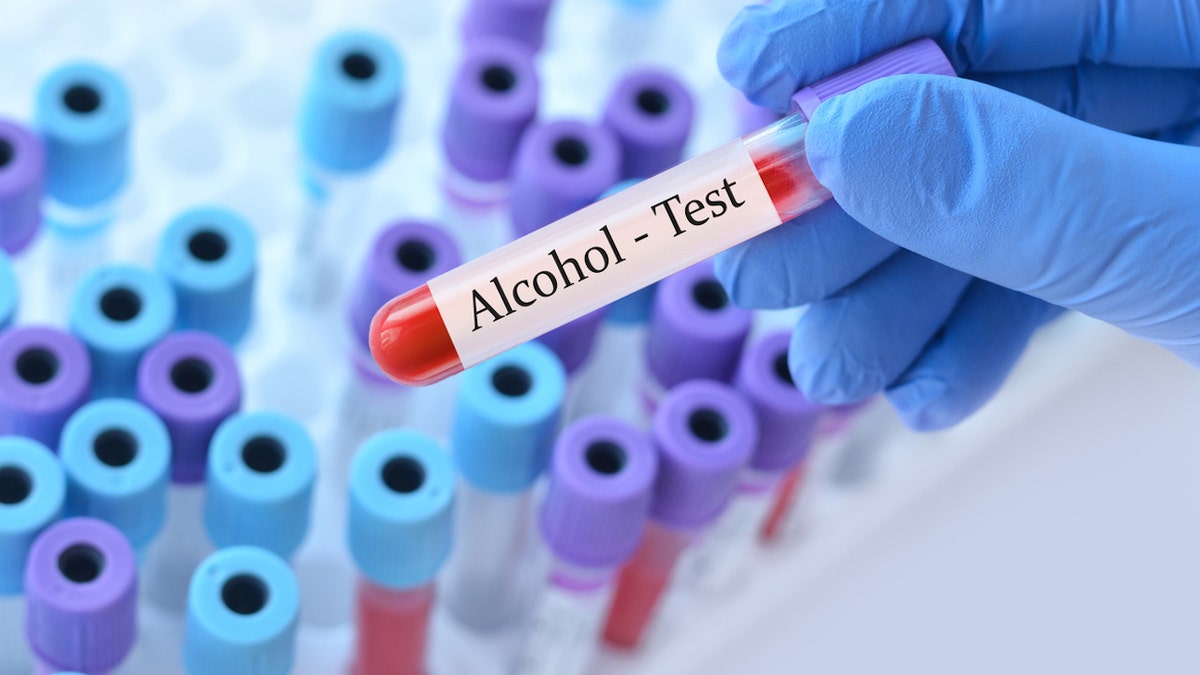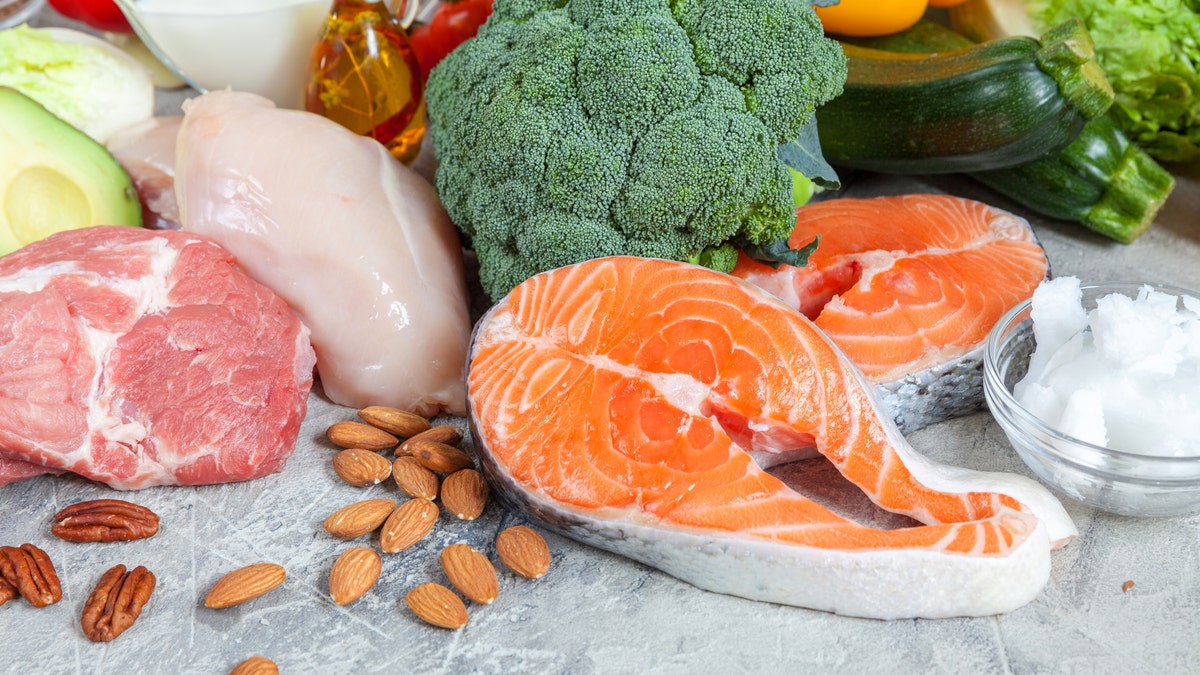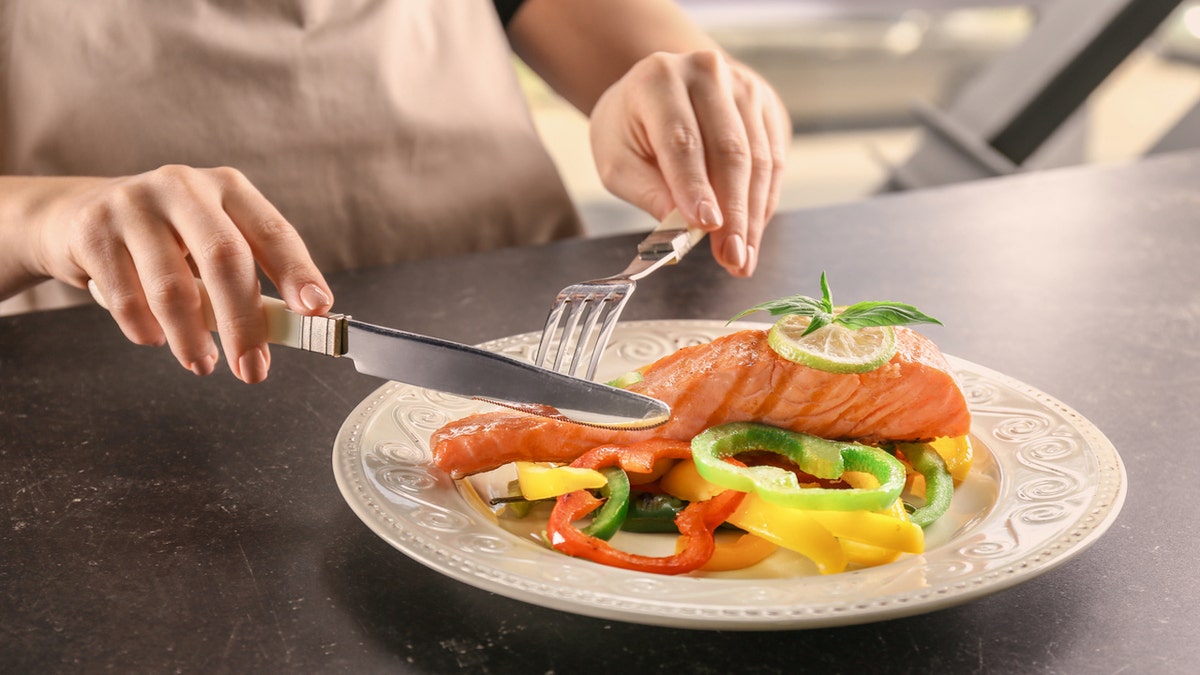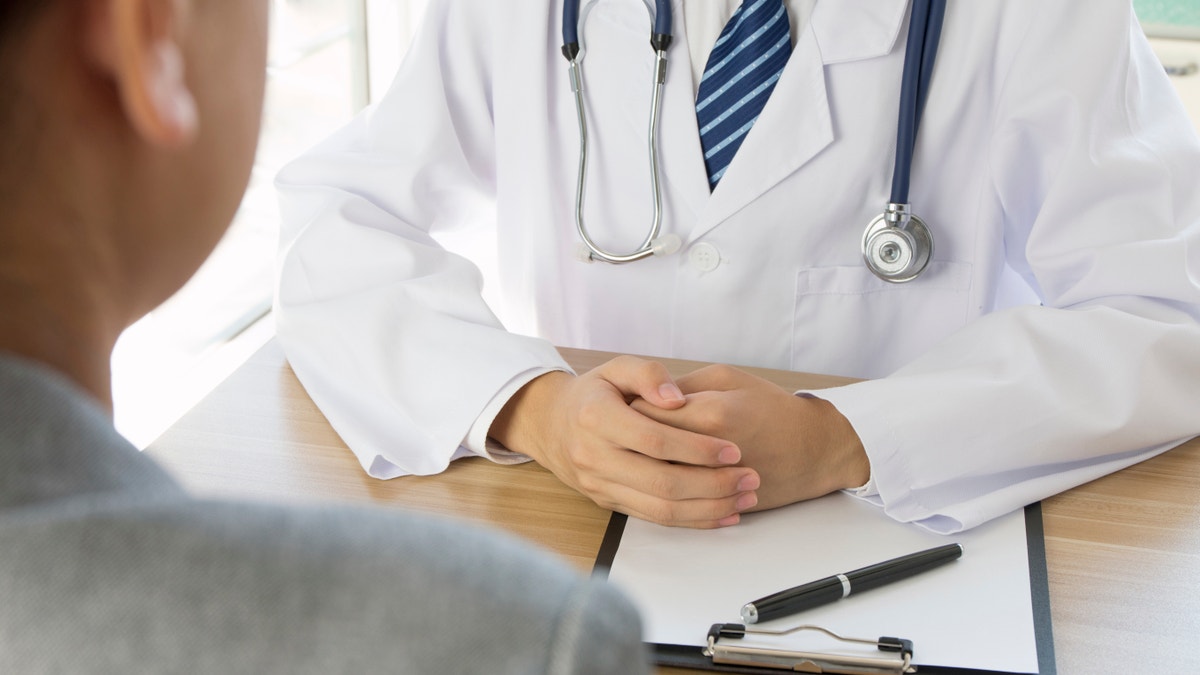While some people might have experienced the feeling of “being drunk” the morning after they consumed excessive amounts of alcohol, is it possible to feel intoxicated without ever drinking an alcoholic beverage?
Although it’s extremely rare, experts say it can happen.
The phenomenon is called auto-brewery syndrome, or ABS, according to Dr. Douglas Dieterich, M.D., director of the Institute for Liver Medicine at the Mount Sinai Health System in New York City.
WOMEN WHO DRINK MORE THAN 8 ALCOHOLIC BEVERAGES A WEEK ARE AT GREATER RISK OF HEART DISEASE: NEW STUDY
The syndrome occurs when a patient’s gut gets colonized by a fungus that metabolizes carbohydrates and sugar into alcohol through fermentation, the doctor told Fox News Digital.
Before diagnosing a patient with ABS, Dieterich said that doctors “should always rule out other causes and make sure the patient is not drinking surreptitiously.”
Here’s a deeper dive.
A real-life case of auto-brewery syndrome
In one recent case study published in the Canadian Medical Association Journal, a 50-year-old woman had not consumed alcohol. Yet she continually had symptoms associated with intoxication, including the smell of alcohol on her breath, slurred speech and elevated blood alcohol levels during several emergency department visits.
DRINKING ALCOHOL BEFORE SLEEPING ON A PLANE COULD BE DANGEROUS, STUDY SUGGESTS
The woman had a history of recurrent urinary tract infections that were treated with several courses of antibiotics, along with medications to reduce stomach acid.
Eventually the patient was diagnosed with auto-brewery syndrome, according to the published report.

“ABS carries paramount medical, legal, social and financial consequences for patients and their loved ones,” Dr. Rahel Zewude, lead author of the study and an infectious diseases and microbiology fellow at University of Toronto in Canada, told Fox News Digital.
“Therefore, awareness of this rare syndrome in the medical community, as well as in the general public, can be instrumental in reducing delays in diagnosis.”
“ABS carries paramount medical, legal, social and financial consequences for patients and their loved ones.”
The woman in the case study saw her physician and visited the emergency department at least seven times over a two-year period. She complained of excessive sleepiness, slurred speech, falls and alcohol smells on her breath.
During her first ED visit, she was diagnosed with alcohol intoxication after having an elevated blood alcohol limit at 39 mmol/L (normal is 2 mmol/L or less) — despite her reports of not consuming alcoholic drinks, which family members verified.
The woman’s liver enzymes were normal and a computed tomography (CT) scan of her head revealed no acute findings, the study said.

Throughout the woman’s various visits to the emergency department, three psychiatrists provided addiction-related care, even though she scored a zero on the CAGE (Cut, Annoyed, Guilty and Eye) screening test, which assesses patients for alcohol use disorder.
(A total score of 2 or higher is considered clinically significant, according to the American Addiction Centers website.)
After experiencing episodes every one to two months, the woman was diagnosed — upon her seventh visit to the ED — with possible auto-brewery syndrome. She was prescribed an antifungal medication called fluconazole and referred to a gastroenterologist.
DAILY MARIJUANA USE SURPASSES ALCOHOL IN THE US FOR THE FIRST TIME, DATA SHOWS
She completed a one-month course of fluconazole and adhered to a low-carb diet — and her symptoms began to resolve.
After four months, though, symptoms began to come back when she ramped up her carbohydrate intake, the study said.

After another course of fluconazole and a return to a low-carb diet, the symptoms resolved.
A course of probiotics was also prescribed to help foster better gut health.
What makes a person susceptible to ABS?
Several factors contribute to ABS, according to Zewude.
“The disease likely presents when these factors emerge simultaneously alongside a high-carbohydrate diet,” she told Fox News Digital.
One of the main factors is disruption of the gut microbiome, which is the population of microorganisms in the gut.
STUDY DISCOVERS ‘TRIGGER GENE’ IN IBD AS RESEARCHERS LOOK FOR DRUGS TO PREVENT THE BOWEL DISEASE
“In ABS, the fungi that ferment alcohol overpopulate our gut ahead of other non-fermenting bacteria,” Zewude said.
“This gut microbiome disruption can occur due to frequent or prolonged courses of antibiotics.”

Diabetes as well as gastrointestinal illnesses such as Crohn’s, liver disease and ulcerative colitis can also be risk factors for ABS, Zewude said.
Genetic predispositions that affect how the body metabolizes and clears ethanol can also play a role.
Testing for and treating ABS
One way to test for ABS is to perform an oral glucose challenge in a supervised setting, where a patient first measures their fasting blood alcohol level.
This baseline level should be undetectable if the person had fasted for eight hours and did not consume any alcohol, according to Zewude.
“Diet modification is an extremely important part of reducing or resolving symptoms of auto-brewery disease.”
The patient then ingests a high load of glucose, and their alcohol level is measured in 30-minute, one-hour, two-hour, four-hour, eight-hour and 24-hour increments.
“If their alcohol level begins to rise after ingestion of glucose, that can help confirm gut fermentation of alcohol from carbohydrates, which is ABS,” Zewude told Fox News Digital.

The test should be conducted in a monitored clinic to ensure that the patient is not consuming alcohol, and to ensure safety in the event that the patient does become intoxicated, the expert advised.
The rare condition requires a multidisciplinary approach that may include a liver specialist or gastroenterologist, primary care physician, infectious diseases specialist and registered dietitian, health experts told Fox News Digital.
It is typically treated with antifungal medications and a low-carb diet, as noted in the case study mentioned earlier.
CLICK HERE TO SIGN UP FOR OUR HEALTH NEWSLETTER
“Diet modification is an extremely important part of reducing or resolving symptoms of auto-brewery disease,” Simone Gmuca, a registered dietitian who works with patients in Douglaston, New York, told Fox News Digital.

“A sugar-free, low-carb diet has been shown to be effective in managing symptoms — the fewer carbohydrates ingested, the less chance that carbohydrate fermentation will occur in the gut,” added Gmuca, who was not affiliated with the study.
Patients should avoid simple carbohydrates like breads, pastas, crackers, sugary beverages, potato chips and fruit juices during treatment, the doctor said.
“Increasing lean protein, heart-healthy fats and low-starch vegetables can help promote satiation and reduce the risk of nutrient deficiencies,” Gmuca added.

Patients with ABS should also incorporate plenty of lean meats, fish, avocados, olive oil, nuts, seeds and leafy green vegetables into their diet, she recommended.
For more Health articles, visit www.foxnews/health
Although ABS has been described in medical literature for over 50 years, the condition still remains misunderstood — with limited information regarding diagnosis and treatment, according to health experts.
Read the full article here











